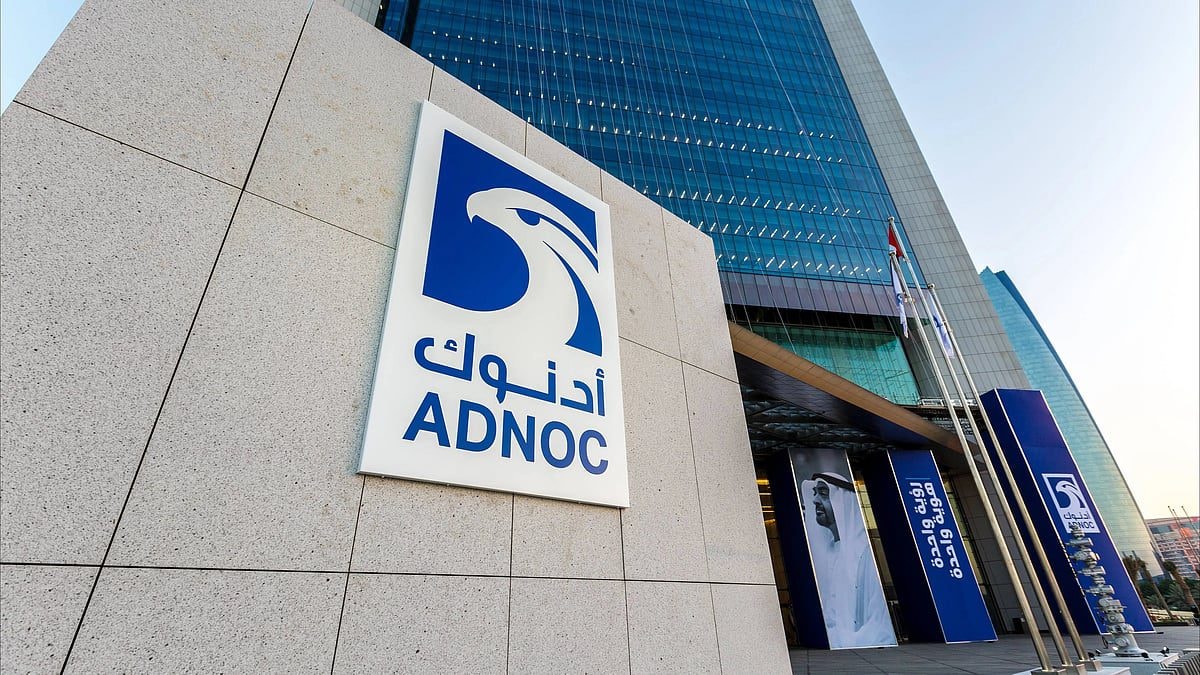AI News Bureau
Control Room to Boardroom – AI Adoption Adds $500 Mn to Abu Dhabi Oil Giant’s Revenue
ADNOC is currently in the early stages of a multi-year plan aimed at accelerating the integration of a comprehensive suite of AI solutions throughout its value chain.
Written by: CDO Magazine Bureau
Updated 8:07 PM UTC, March 7, 2024

Abu Dhabi National Oil Company (ADNOC) reported a $500 million revenue boost in the past year through its implementation of over 30 artificial intelligence (AI) tools across the operational spectrum.
Spanning from on-site activities to corporate decision-making, this resulted in the reduction of approximately one million tons of carbon dioxide emissions between 2022 and 2023, equivalent to removing about 200,000 petrol-driven cars from circulation.
“AI is one of the most important economic and social game changers of our era and it can play a crucial role in accelerating a just, orderly and equitable energy transition. We have integrated AI across our operations, from the control room to the boardroom, and it is enabling us to make smarter decisions and better protect our people and the environment,” says Dr. Sultan Ahmed Al Jaber, Minister of Industry and Advanced Technology and ADNOC Managing Director and Group CEO
“As we grow our diversified portfolio to ensure a secure, reliable and responsible supply of energy, we are further integrating AI to future-proof our business and drive greater and more sustainable value from our assets and resources,” Jaber adds.
Adnoc is currently in the early stages of a multiyear plan aimed at accelerating the integration of a comprehensive suite of AI solutions throughout its value chain.
The oil and gas industry is experiencing transformative shifts due to emerging technologies like AI, blockchain, cloud computing, cybersecurity, the Internet of Things (IoT), robotics, and the metaverse.
Adnoc has embraced digitalization as proved by its use of neural networks and predictive data through command centers like Panorama and Thamama, introduced in 2017. These centers provide real-time visual overviews of the company’s performance on a 50-meter-wide video wall.
Adnoc aims to achieve net-zero emissions by 2045, leading in low-carbon investment among national oil companies. It wants to increase oil production capacity to five million barrels per day by 2027.


